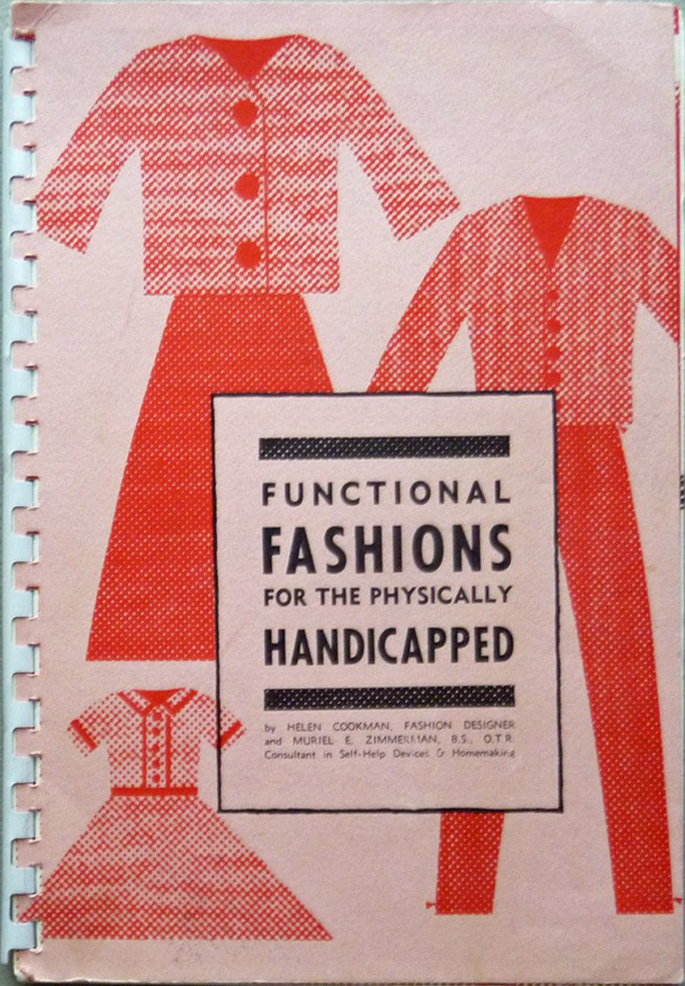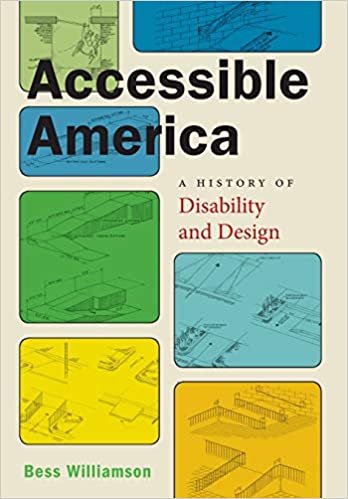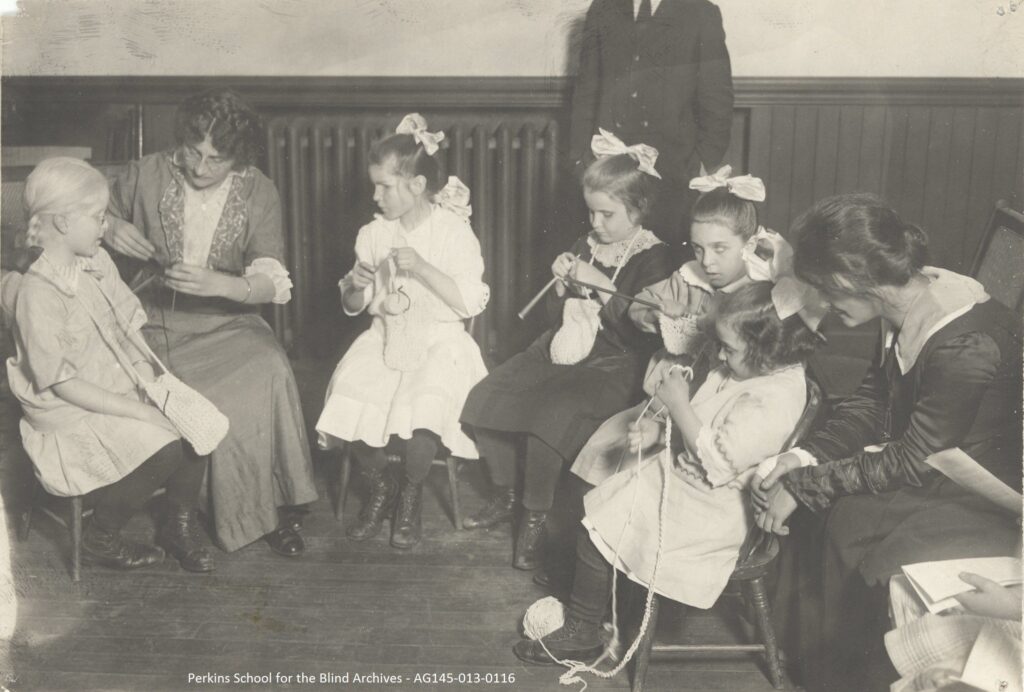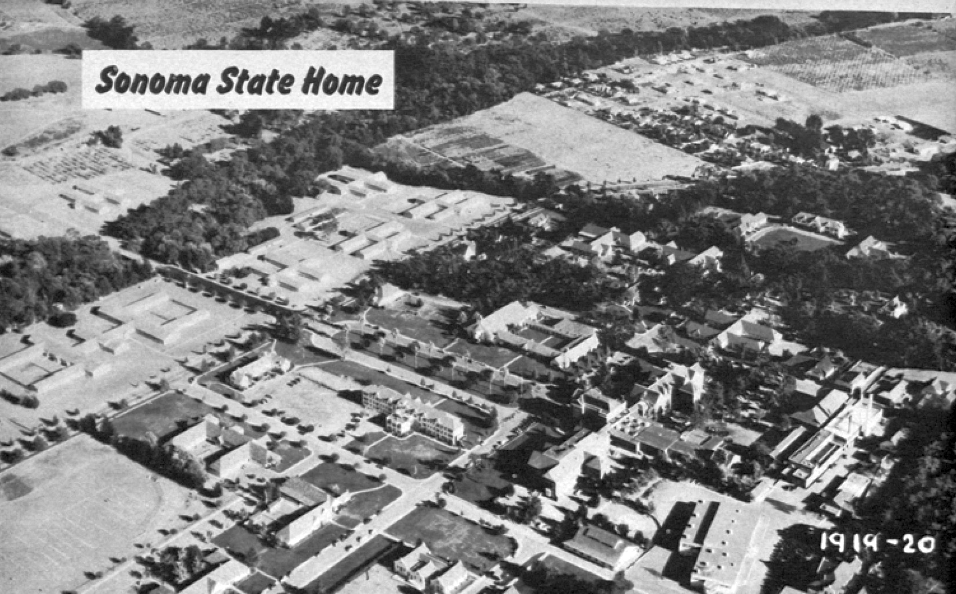Liz Jackson and Natalie Wright discuss their Functional Fashions exhibit and other projects.

Download mp3 file here.
Download pdf transcript here.
About Our Guests
Liz Jackson is the founder of The Disabled List, a design organization that engages in disability as a creative practice. She is a curator at Critical Axis, a community driven project that collects and analyzes disability representation in media. Additionally, Liz co-founded Thisten, an audio-to-text transcription platform that makes voice content searchable. You can learn more about Liz at her personal website, The Girl with the Purple Cane.
Natalie Wright is a PhD student in Design History at the University of Wisconsin-Madison. Prior to joining UW-Madison, Wright was the Charles Hummel Curatorial Fellow at The Chipstone Foundation where she collaboratively curated a wide variety of exhibits including “Functional Fashions.” Wright completed her MA at the Winterthur Program in American Material Culture (2015), and received her BA from the University of Toronto, Trinity College (2013). Her doctoral research is funded by the Social Sciences and Humanities Research Council of Canada.



